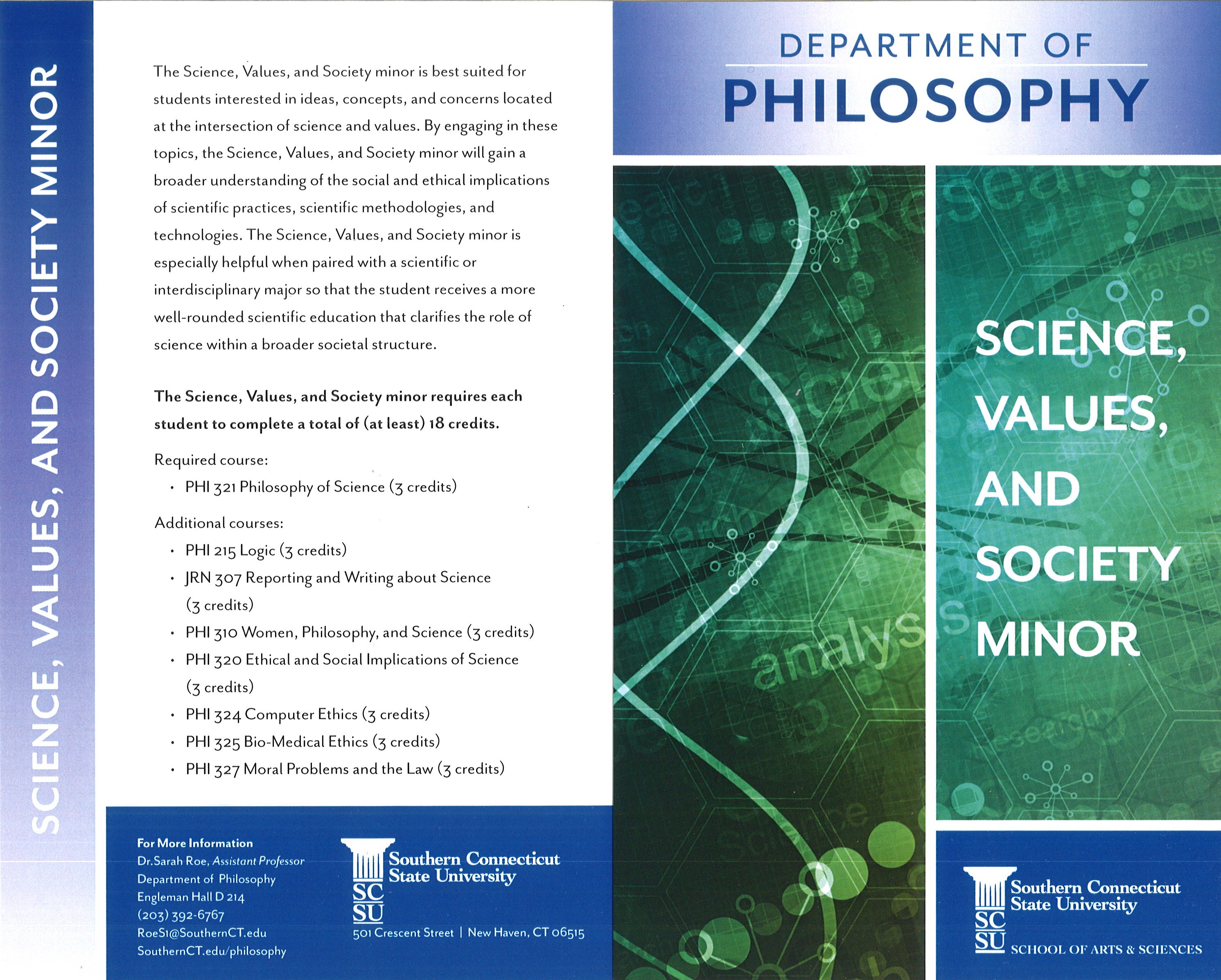
Thursday, February 18, 2021 6:00PM
Straight Talk: The Persistence of Race in Scientific Research | Connecticut Science Center (ctsciencecenter.org)
Click here for a free recording of the event!
Straight Talk: The Persistence of Race in Scientific Research
Join us for another amazing, interactive discussion on some of today’s hottest topics lead by our esteemed panel of guests. This conversation between philosophers and scientists will not only interrogate some of the enduring ideologies of race in America but also some of the reasons behind its continued resonance within the scientific community, largely in the field of genetic research.
Guests Include:
The Black National Anthem will be performed by Shades of Yale.
Melissa Garafola, Connecticut Science Center
Genomics Educator
Sarah M. Roe, PhD, Southern Connecticut State University
Director of the Research Center on Values in Emerging Science and Technology
Cleo Rolle, PhD, Capital Community College
Assistant Professor, Biotechnology Program Coordinator
Quayshawn Spencer, PhD, University of Pennsylvania
Robert S. Blank Presidential Associate Professor of Philosophy
Keitra Thompson, DNP, MSN, FNP-BC, Yale School of Medicine
Postdoctoral Fellow, National Clinician Scholars Program/VA Advanced Fellowship Program

